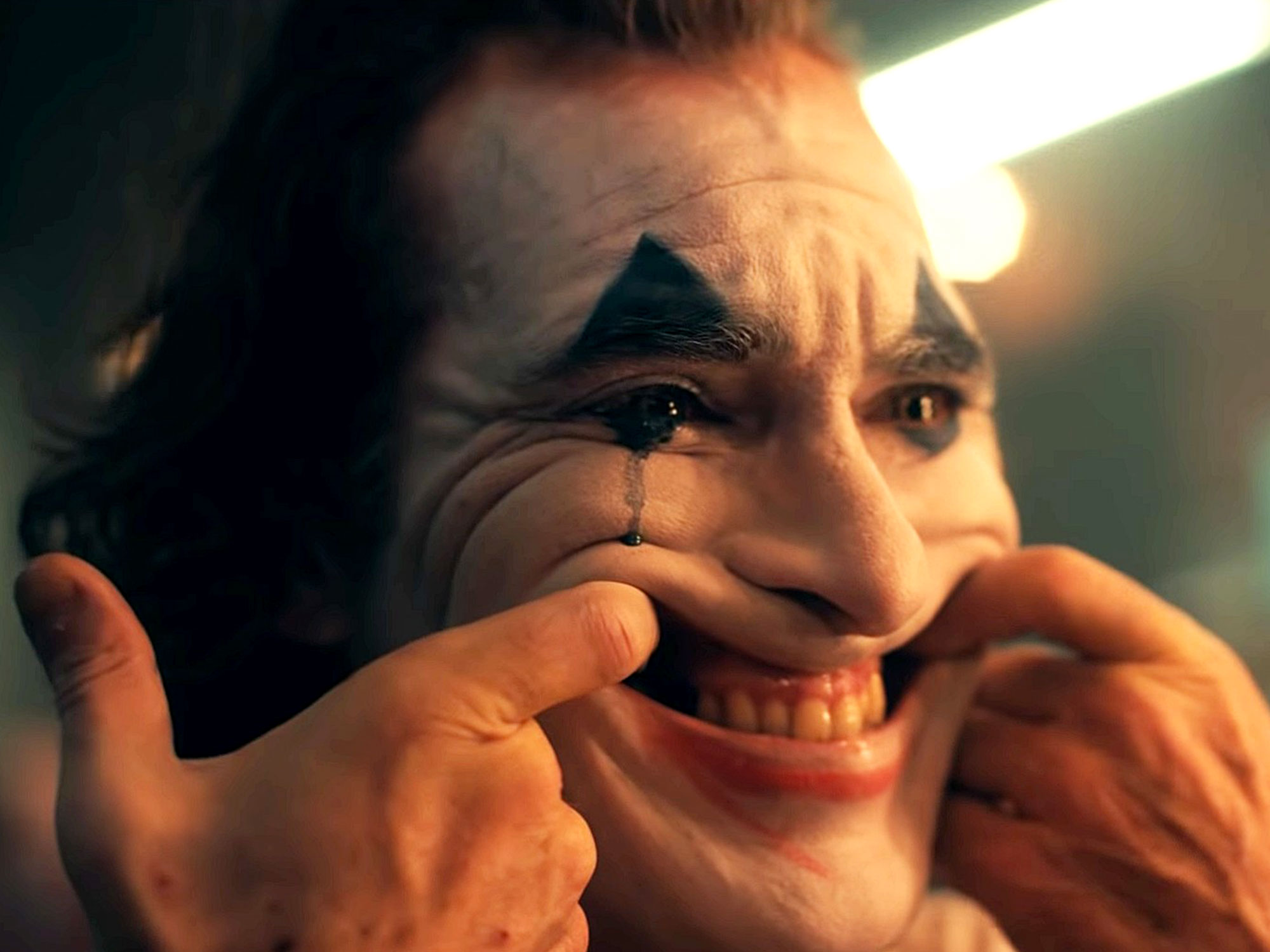
A notice hangs on the headboard of a public staircase that reads, “Don’t forget to smile”. As he saunters underneath it, Joaquin Phoenix’s violently depressive deadbeat rent-a-clown, Arthur Fleck, pulls out a black marker pen from his pocket and scrubs out the words “forget to”. This, in a grotesquely rotten nutshell, is the flash-fried turkey that is Todd Phillips’ Joker, a film which shoots for the moon in its attempt to deliver a lapel-shaking statement on the malign tenor of Our Times, yet ends up settling for feeble posturing, asinine pop psychology and political analysis charged with all the cynicism of a mollycoddled teen dropout in fake Oakleys and a home customised Linkin Park tee.
The story takes place during a garbage strike in Gotham City circa 1970. Super rats roam the streets with impunity. The only sound you can hear is that of the mental health services slamming down their shutters for the last time due to slashed budgets. All of this is a recipe for disaster when it comes to a hangdog loonbag like Arthur. One of the many laughably bad script decisions here is to gift our anti-hero with a crudely invented mental disorder which causes him, in moments of high anxiety, to start cackling like a maniac. The cognitive dissonance of having a man laughing heartily at inopportune or awkward moments is the film’s one and only motif, and Phillips hammers it for all it’s worth. Which, it turns out, is not a lot.
It is the tale of a man who lives with his mother in a dingy apartment and openly harbours the ambition of becoming a stand-up comedian. He is cracked and clearly troubled, but the film handily takes place in a world were empathy has died and capitalist dirtbags crush the vulnerable under the heel of their designer loafers. Business magnate Thomas Wayne makes a faux pas on TV when he refers to the underclass rabble as “clowns” who are unable to get their act together. And lo, a movement is born, and they’re tooled up, on the streets (there are no chatrooms in the 1970s) and baying for the blood of fat cats.
The first big problem is that the film cannot decide whether it wants to keep its powder dry in terms of its relationship to the wider world of superhero lore. It opens on a classic 1970s Warner Bros logo in a misguided attempt to connect itself to one of cinema’s golden eras – making it appear even worse by comparison. It tries desperately hard to come across as edgy, but coldly refuses to swerve from the hard-painted lanes of templated Hollywood filmmaking. It ends up resembling nothing more than a Suicide Squad spin-off movie. Yet it’s ambitions are certainly more lofty.
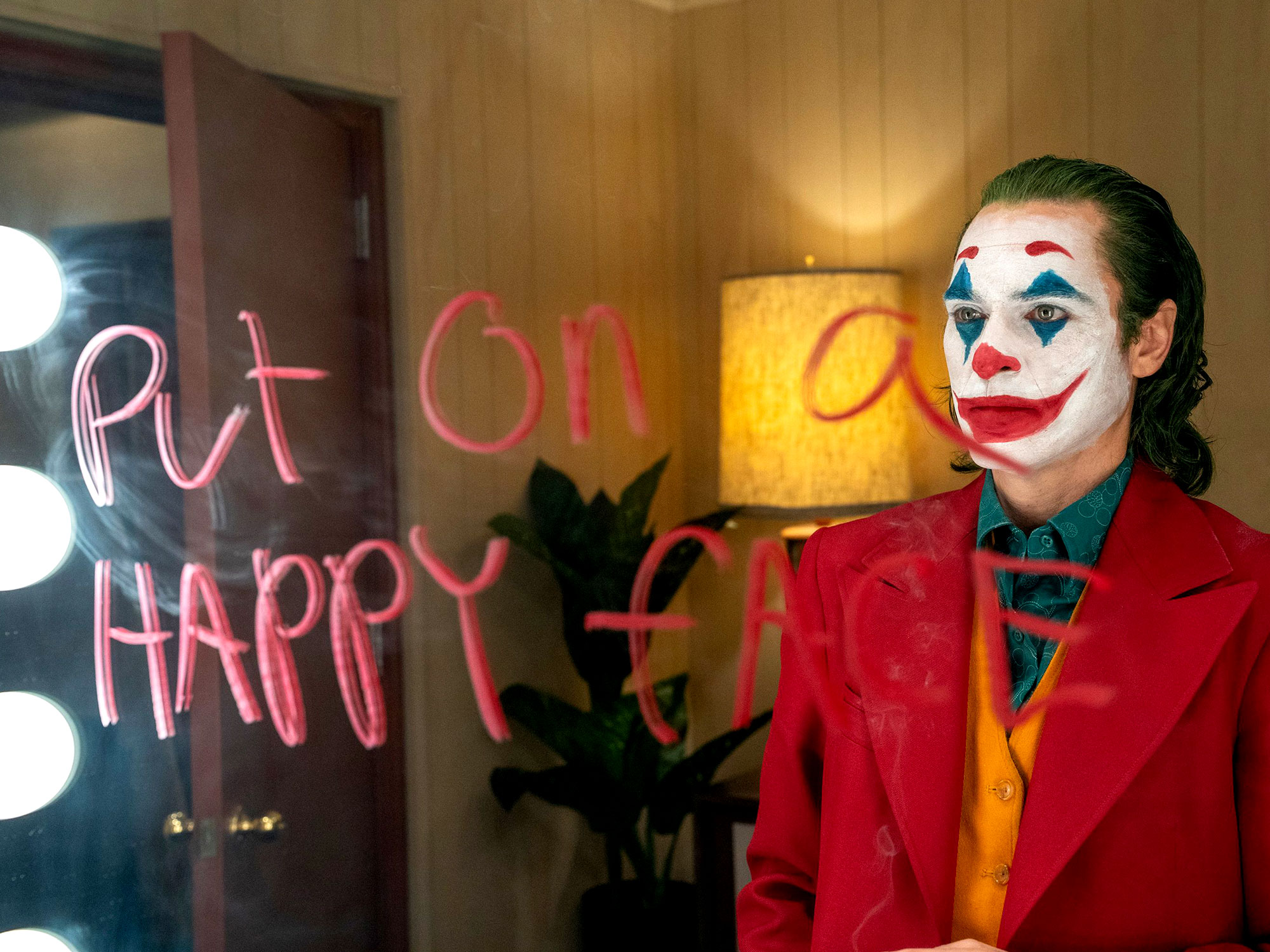
It craves that viewers draw a connection to Martin Scorsese’s 1982 masterpiece The King of Comedy and, to a slightly lesser extent, 1976’s Taxi Driver. And its toadying relationship to those films may ultimately be its undoing, in that it sits clawing at the trouser hem of some of those towering examples of modern film art. It misappropriates, misreads and maybe even misremembers key themes and cack-handedly mangles mischievous ambiguities into a ham-fisted character shading. Robert De Niro turns up to consecrate the bond, the big twist being he is unspeakably awful in the supporting role of a flashy late night TV host.
Elsewhere, the film is interested far less in forming a credible psychological profile of Fleck than it is taking wavy-armed pot shots at a society that would cultivate such a twisted soul. This is evident in the fact that Fleck unsubtly alludes to the idea in virtually every scene prior to the moment when he literally bellows it into the camera. It’s strange to watch a film about a character who claims repeatedly that he doesn’t believe in anything, but then its makers refuse to work with that precarious mindset to actually include something, anything in the film that doesn’t feel recycled from elsewhere, or is at the slavish service of a plotline of near-offensive predictability.
As is customary these days, a dialogue around the film’s intentions and meanings may erupt in the public sphere (the film almost addresses the idea directly), but this dialogue would be unwarranted and undeserved, as the language used to make its case is so flimsy. There’s a one-size-fits-all political allegory at its core, and there is nothing impressive about a work of art where any half-assed interpretation sticks firmly. There is no ambiguity here.
In terms of Phoenix, it’s hard to tell whether this is a poor performance, or if he just has precious little to work with in material which never has him push beyond a cosy safety zone. Fond memories of Freddie Quell and Doc Sportello, from Paul Thomas Anderson’s The Master and Inherent Vice respectively, work to make the schtick he’s rolling out here seem so affected and empty.
Many scenes involve him contorting his bare torso (he is literally “twisted”), allowing the camera a leery view of his protruding ribcage or hunchback-like shoulder blades. It comes across as if Phillips is desperate to emphasise that he’s a serious artist with a serious leading man who is going full method on this sucker, but constantly loses sight of actually sculpting a semi-interesting or even lightly coherent character. It’s a sign of Joker’s across-the-board superficiality which runs marrow deep.
The post Joker – first look review appeared first on Little White Lies.

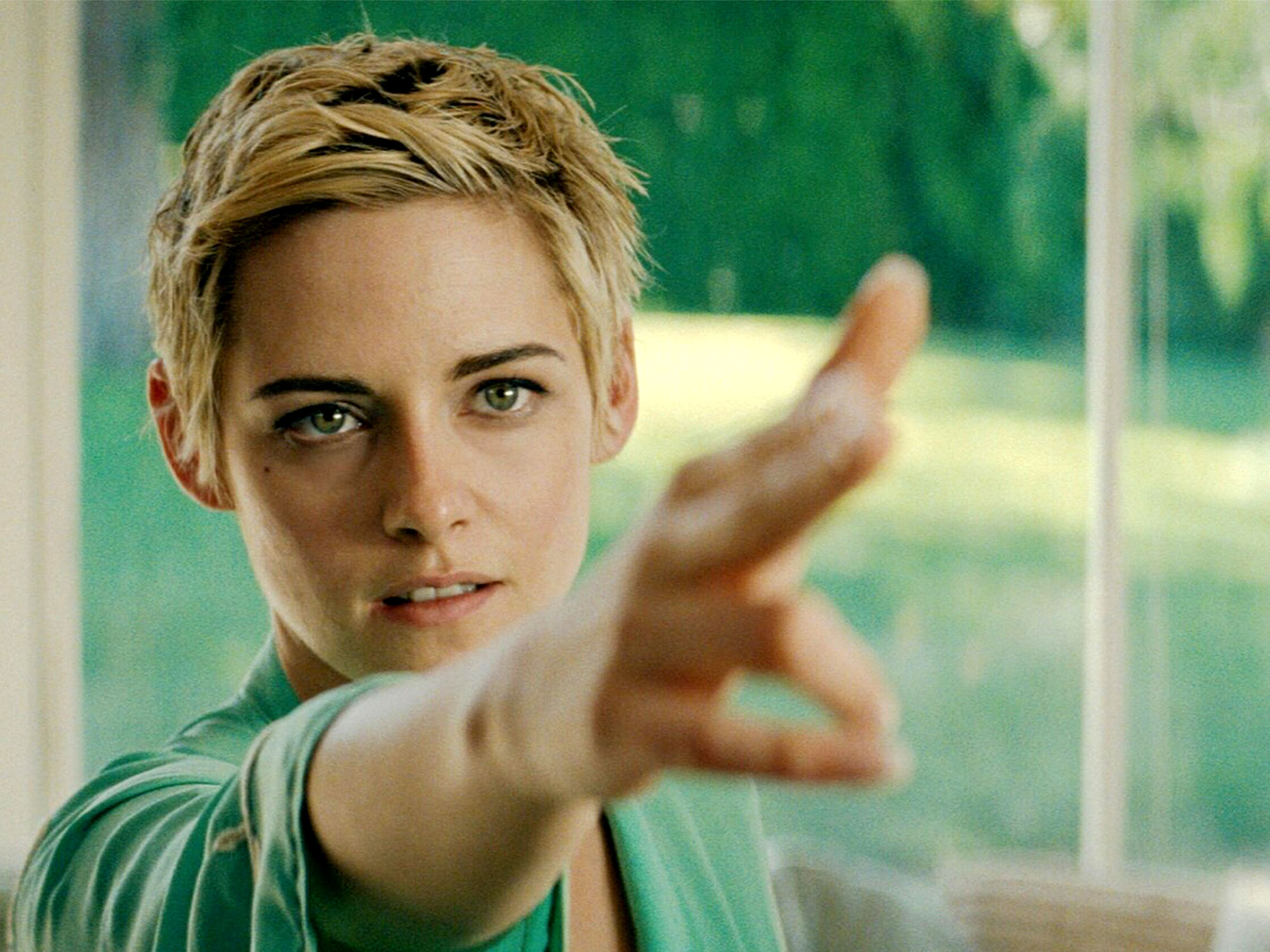



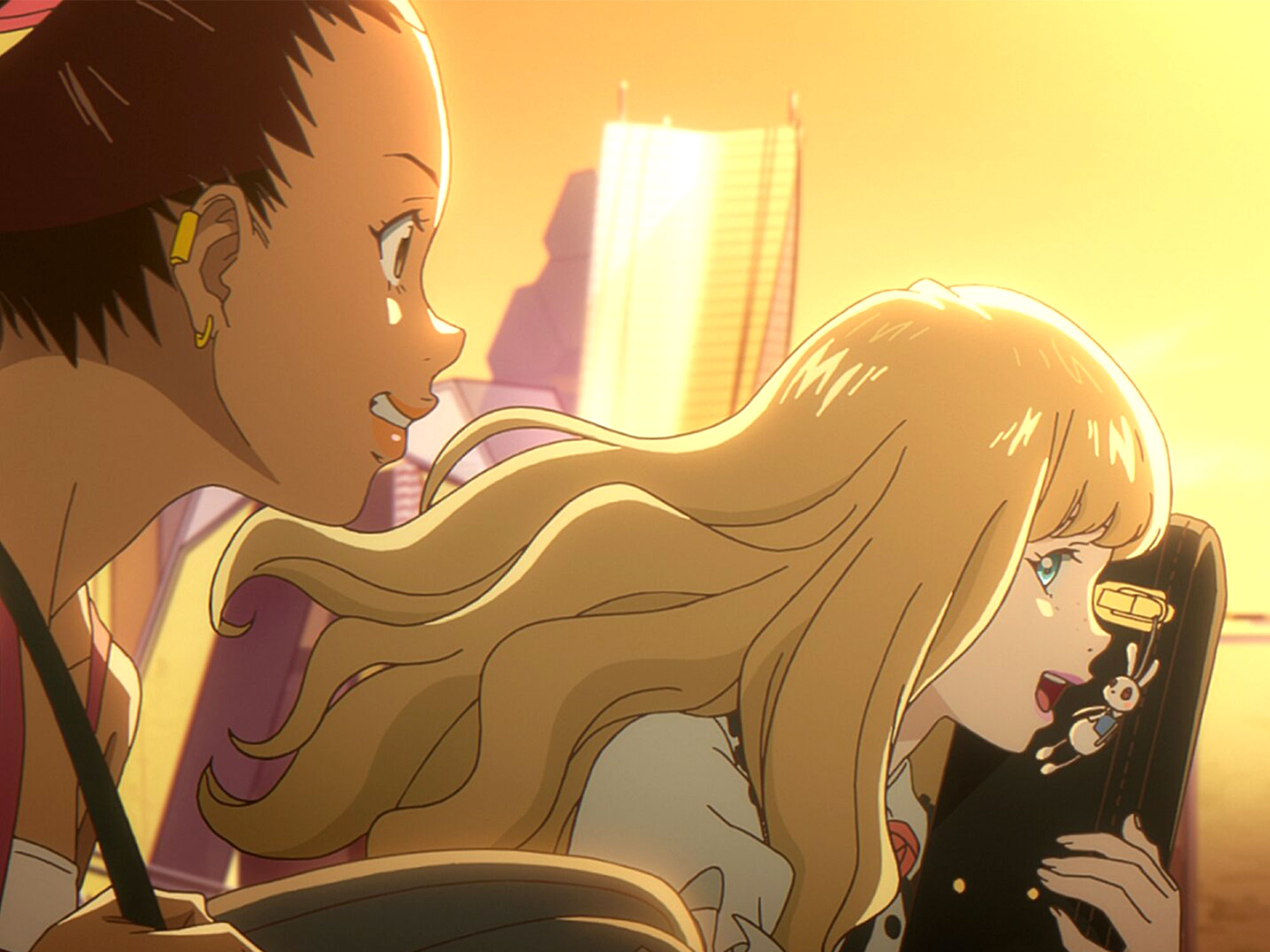
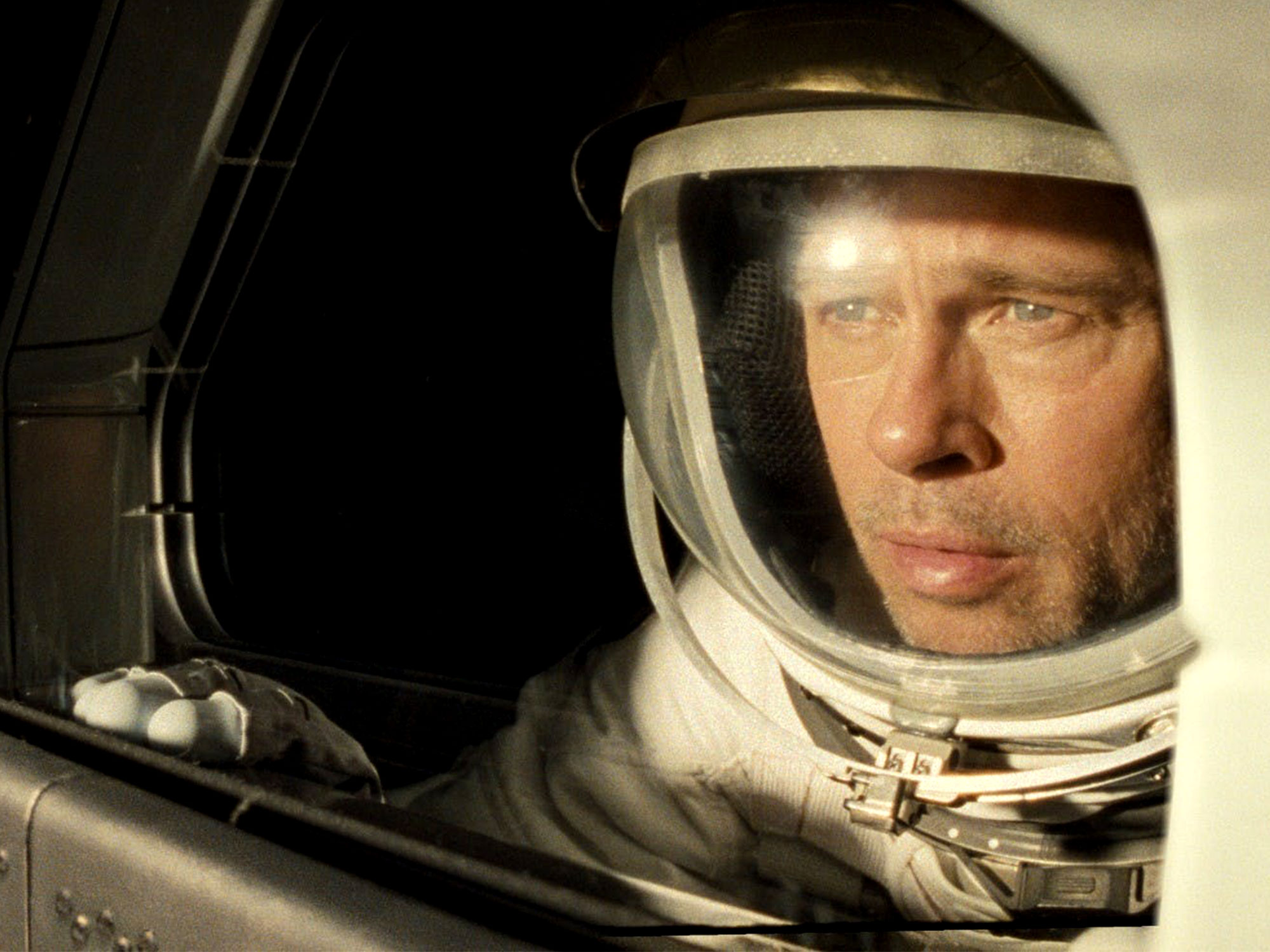


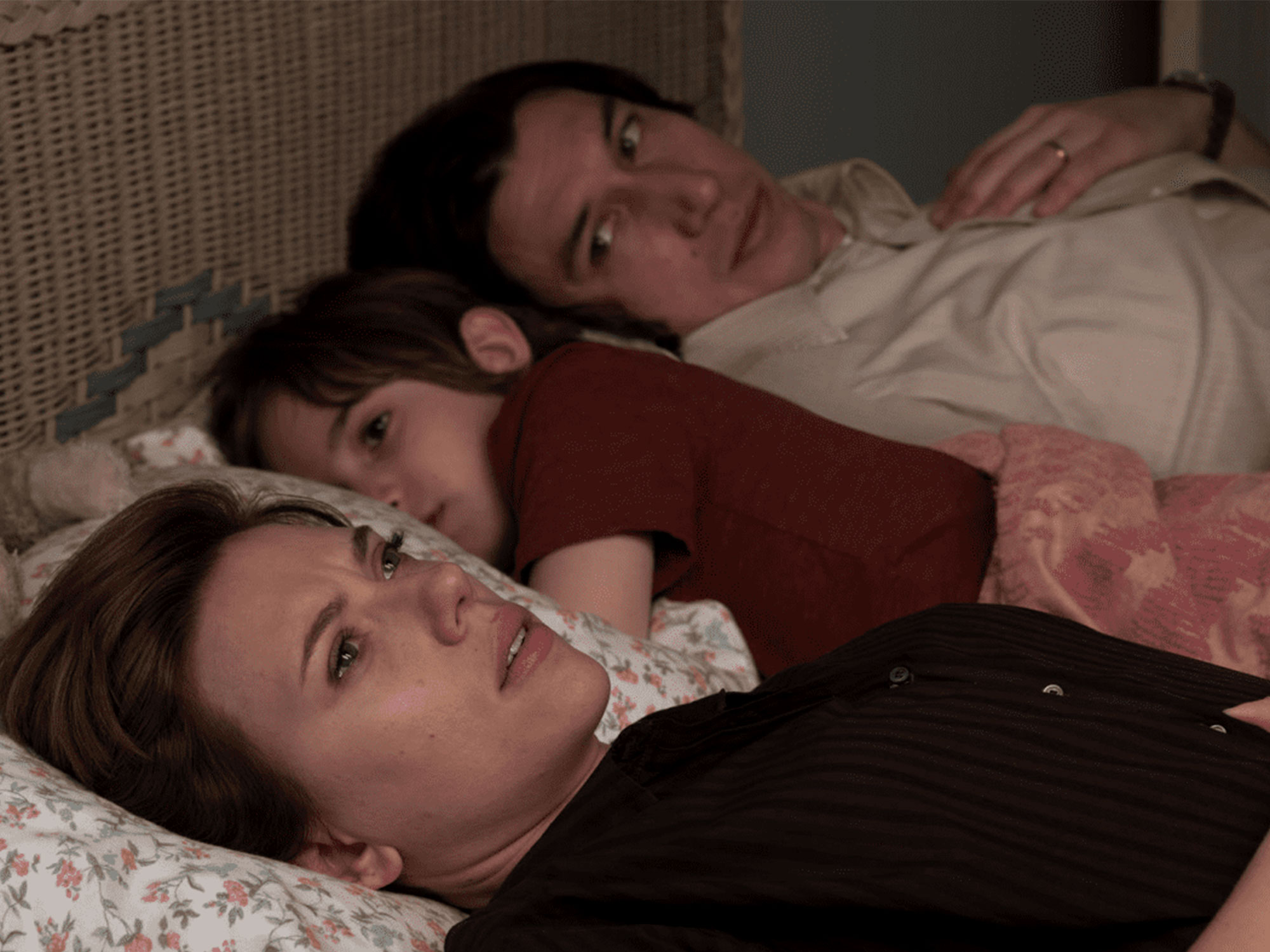


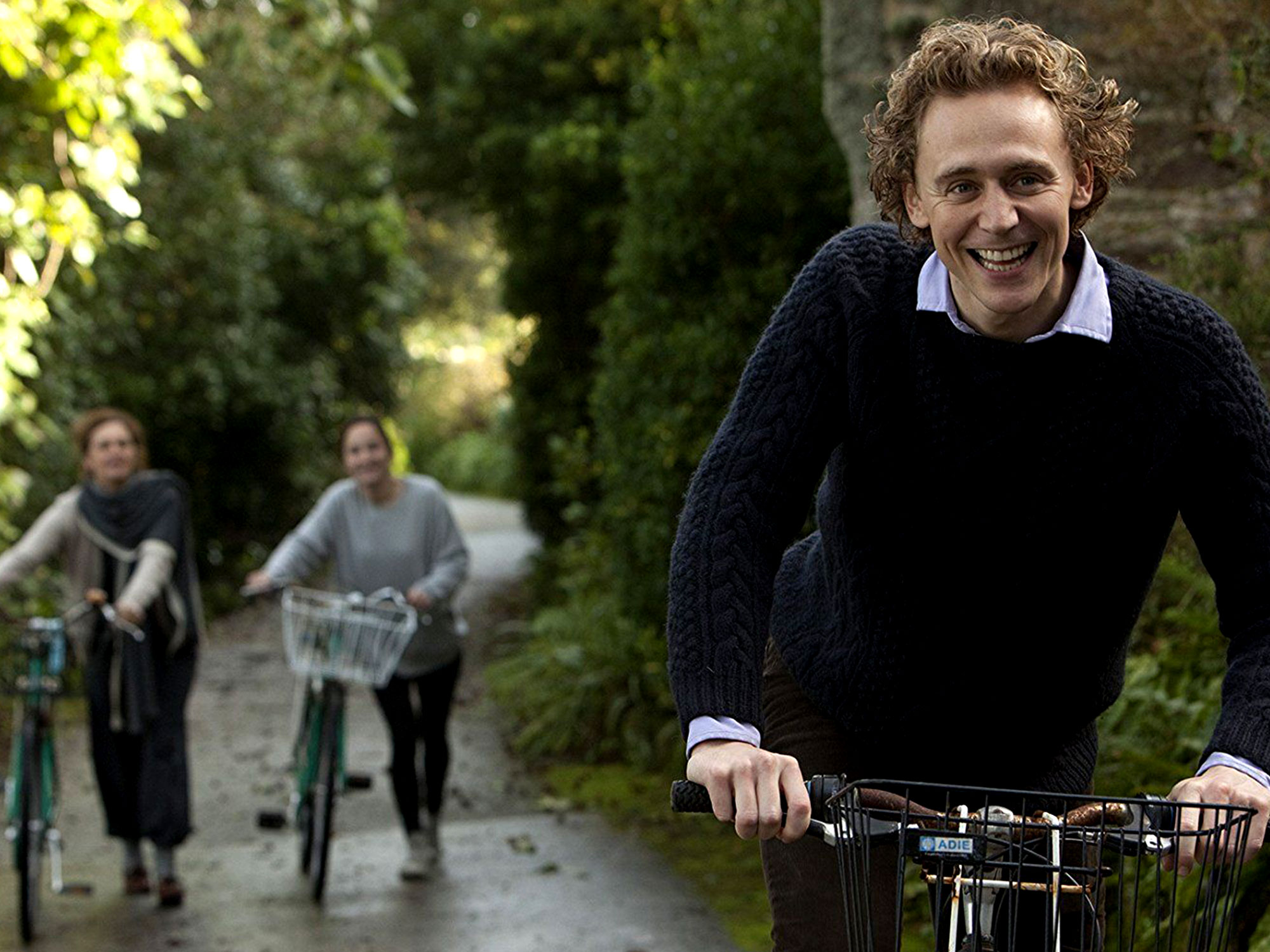
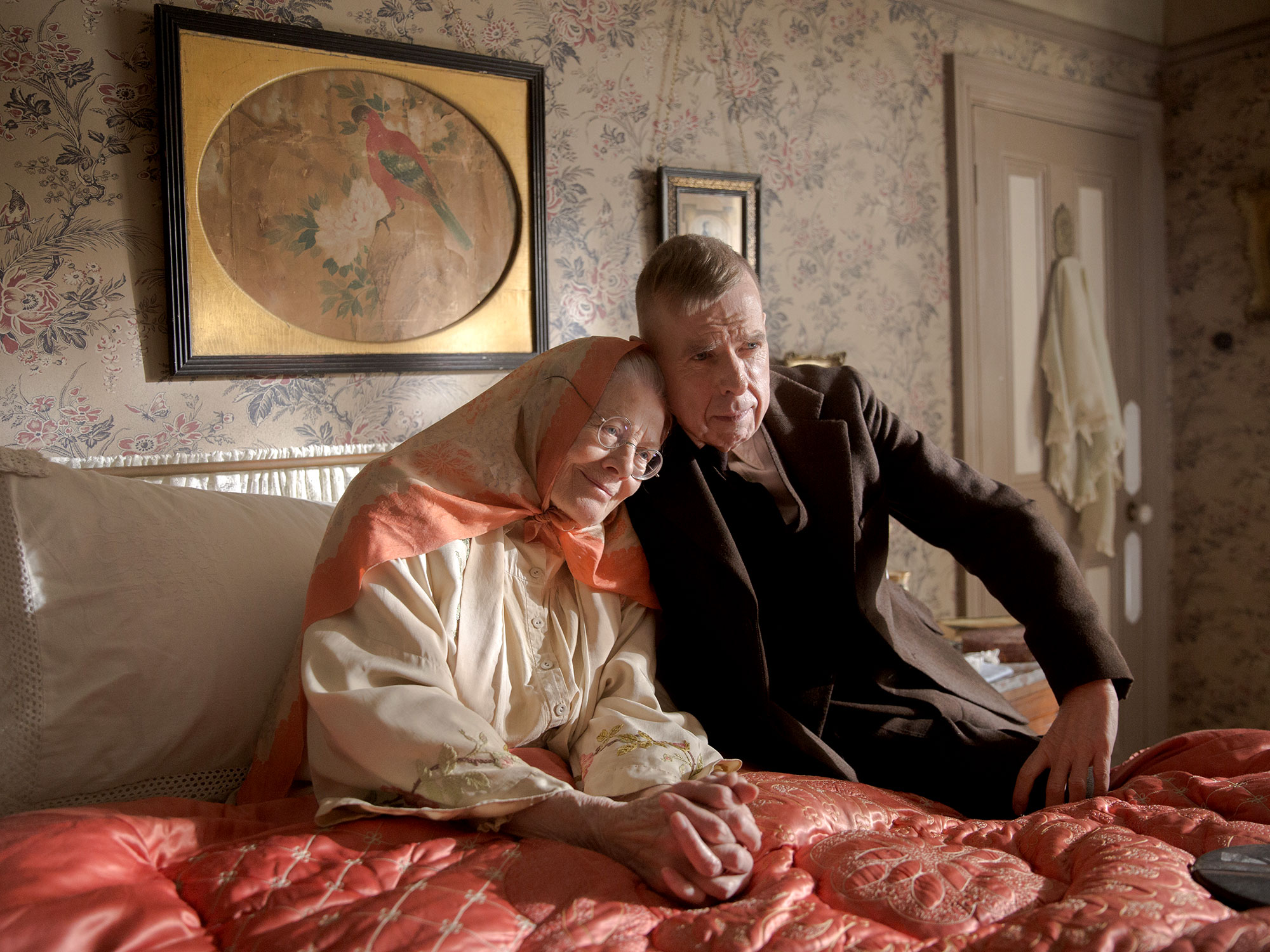

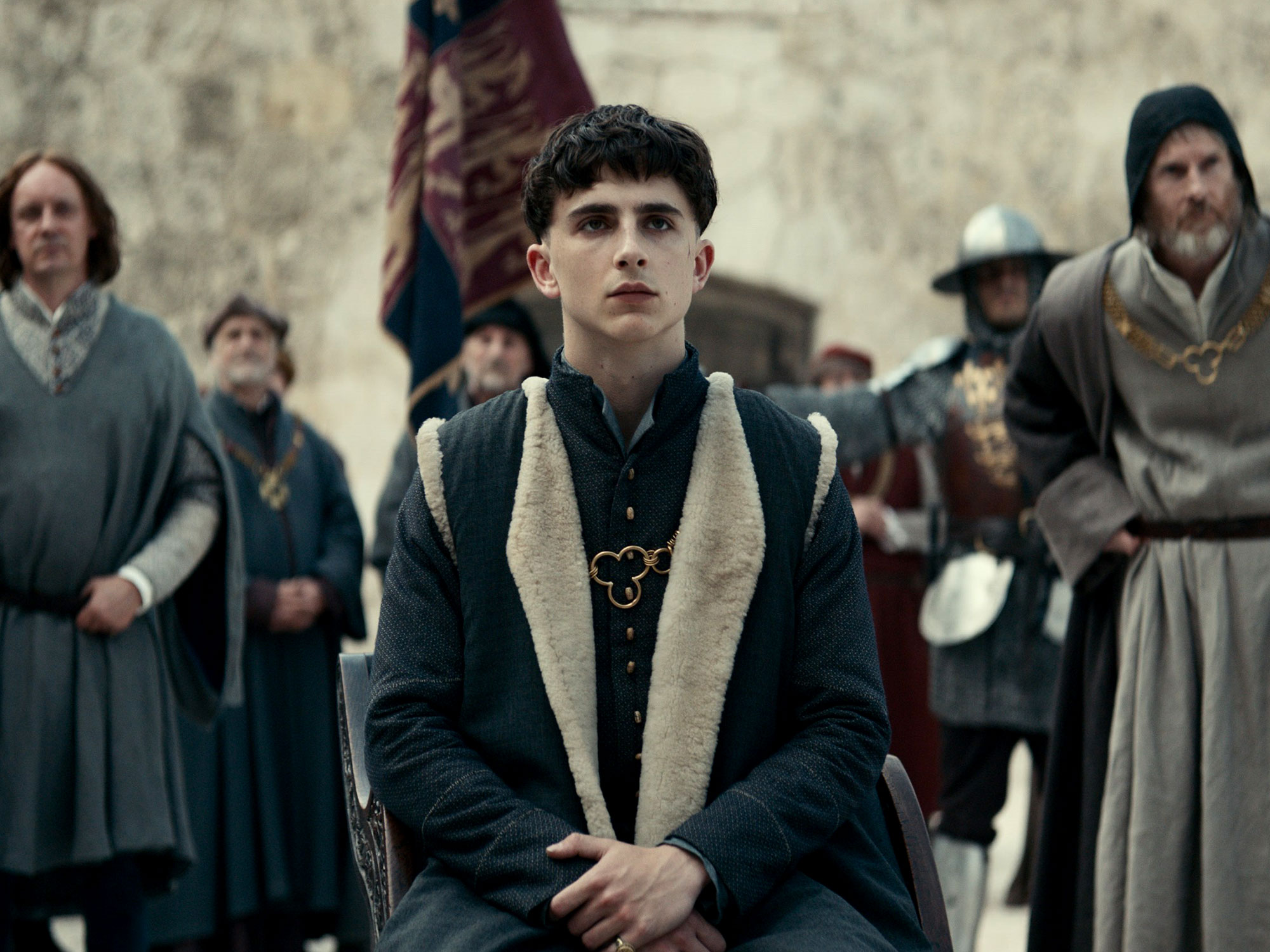
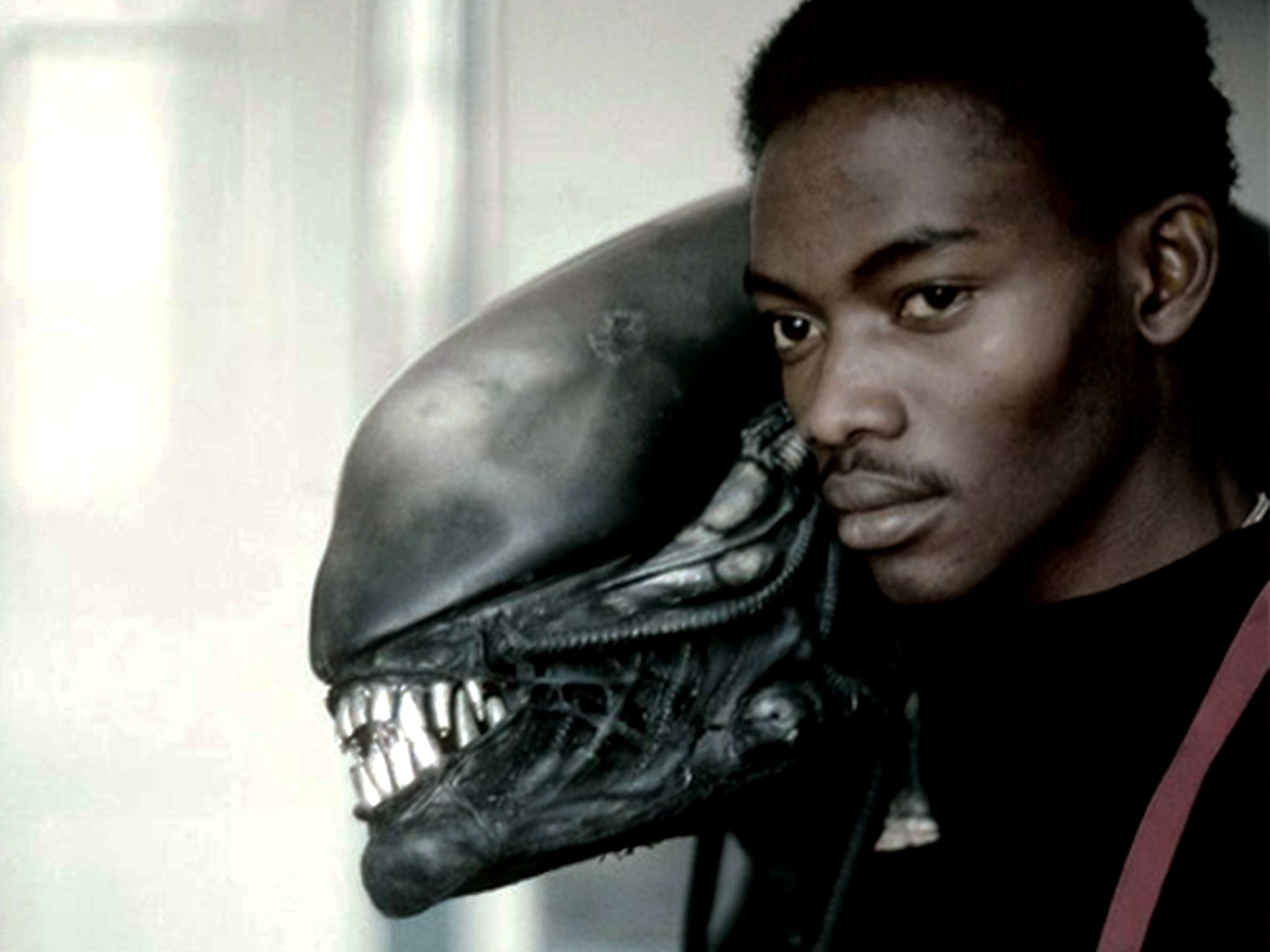

![Forest Essentials [CPV] WW](https://s3-us-west-2.amazonaws.com/pcw-uploads/logos/forest-essentials-promo-codes-coupons.png)